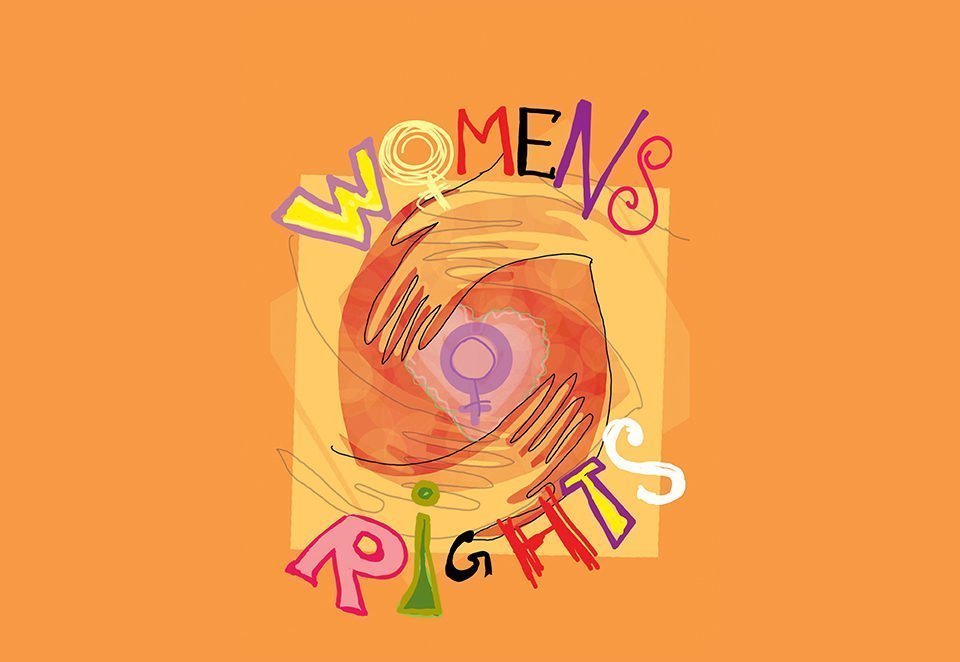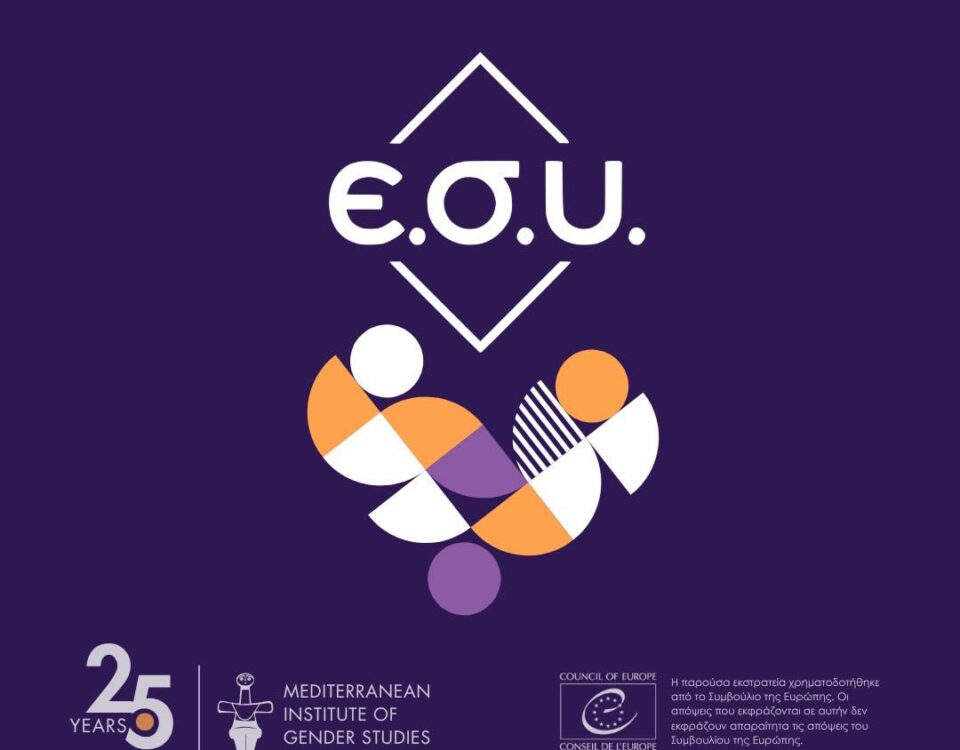Youth4Youth Final Research Reports and Policy Recommendations

Violence in Relationships: Myths and Realities
March 27, 2013
Youth4Youth training workshop evaluation reports
April 26, 2013The final country research reports undertaken in five EU member states within the framework of the Youth4Youth project are now available at the links below
Cyprus
Greece
Italy
Lithuania
Spain
The main aim of the research was to explore the relationship between gender stereotypes among adolescents and tolerance towards various forms of gender-based violence (GBV).
The research results revealed a clear link between negative gender stereotypes and tolerance towards gender-based violence among adolescents. Furthermore, it was evident that boys maintain more conservative attitudes toward gender stereotypes and violence than girls in the countries that participated in the project. In terms of types of violence, the cross-country research results indicated that psychological violence in intimate relationships is more tolerated than physical and/or sexual violence, with the former often justified or confused with expressions of love and/or concern for one’s partner. There was a strong tendency by teenagers across countries to place the responsibility for the violence on the victim, a phenomenon known as ‘victim blaming’. Thus, girls were often held responsible for the violence they experience. In addition, there was also a tendency to attribute male violent behaviour towards women to factors unrelated to unequal power relations between women and men and gender inequality such as mental health problems, stress, use of substances such as drugs or alcohol, as well as men’s ‘natural’ tendency for aggressive behaviour.
The recommendations below are based on the research findings in the participating EU member states. Although specific recommendations for the participating member states can be found in the individual research reports, the recommendations below are those stemming from our cross-country research results that can be of value and relevance across member states and on a European level.
The recommendations are directed towards Ministries of Education, education practitioners and teachers in formal and non-formal education and concern gender equality education specifically.
Youth4Youth – Policy Recommendations



